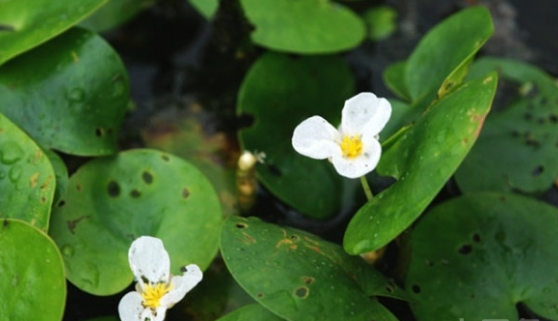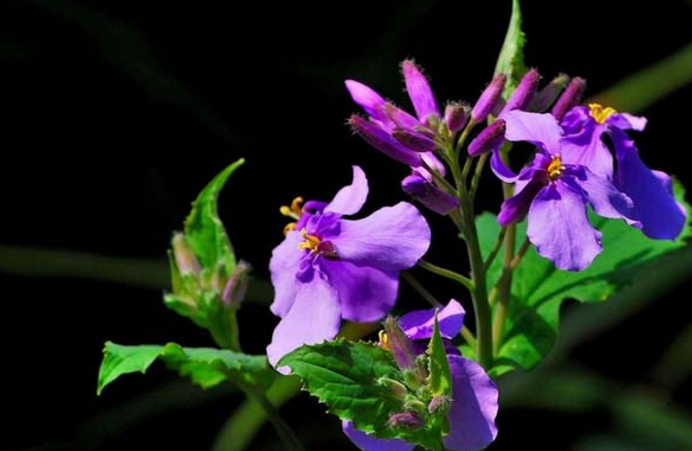How to manage Astragalus membranaceus
Astragalus membranaceus, also known as Mianqi, is a very common traditional Chinese medicine in China, mainly distributed in the northwest and northeast regions. Astragalus membranaceus can enhance the immune function of the human body, and has the effects of protecting liver and diuresis, anti-decline and reducing blood pressure. However, due to the large number of wild astragalus was excavated, the number decreased sharply. As a result, artificial planting has begun now, with a wide range of planting areas. So how to manage when planting Astragalus membranaceus? Let's take a look at it with the editor.

1. The seedlings are fixed
After sowing, the seedlings should do a good job of interseedling work as early as possible, so as to prevent the seedlings from affecting each other and snatching nutrient water. At least twice in the seedling stage, the first time when the seedlings grow about 6 cm, and then when the seedlings are about 11 cm. Pay attention to observe the growth of the seedlings, when fixing the seedlings, we should do a good job in replenishing the seedlings at the mouth of the lack of seedlings, and make up the healthy seedlings with the same growth. When replenishing seedlings can not be carried out in rainy days, after planting should be timely watering, if the number of missing seedlings is too large, it is best to re-sow.
2. Ploughing and weeding
The seedling growth rate of Astragalus membranaceus is very slow, and weeds usually grow faster after the seedlings are unearthed. If there is no timely management, it is very important to lead to grass shortage. Therefore, in order to do a good job of weeding in time, intertillage can not only effectively weed, but also improve soil softness, block soil capillaries, avoid water evaporation too fast, and improve soil fertilizer and water conservation capacity. Weeding is generally needed about 3 times a year, depending on the growth of weeds in the field. When ploughing, we should pay attention to the depth, not too deep, to prevent damage to the seedlings and roots.
3. topdressing at the right time
Astragalus membranaceus has a great demand for nutrition, in addition to applying sufficient basal fertilizer before planting, topdressing at least 3 times a year in the first two years of Astragalus growth. It is guaranteed to meet the nutritional needs of Radix Astragali at different growth stages, and each topdressing can be carried out together with the work of ploughing and weeding. However, in the first ploughing, it is not suitable to topdressing to avoid fertilizer damage to the seedlings. Each time the fertilizer is mainly rotten farm manure, we should pay attention to the application of overwintering fertilizer, improve the cold resistance of plants, and pay attention to soil cultivation after fertilization to avoid freezing damage caused by overwintering plants.
4. Rational watering
The demand for water in different growth stages of Radix Astragali is not too high, and the demand for water in the seedling stage is relatively less. In order to promote the root ligation of Radix Astragali, enhance the root growth ability and increase the yield, under the condition of sufficient soil moisture, there can be no watering. However, if the soil moisture is not good, then appropriate small water drip irrigation, one-time not too much watering. In the fruit period, if you are in a high-temperature and dry environment, you should also water it in time. Ensure the maturity of seeds and improve the quality of seeds. When the soil moisture is too much, we should also pay attention to do a good job of drainage, reduce humidity, prevent the root of Radix Astragali from rotting and affect growth.
The flowering of Radix Astragali also needs to consume certain nutrients, if there are no seeds, we can remove the buds and flowers to promote the development of roots. Proper spraying of bud inhibitors can control the growth of flowers, concentrate nutrients on the roots and improve the quality of Astragalus membranaceus. That's all for today's introduction. This article is for reference only. Thank you for your reading and support.
- Prev

The efficacy and function of horse urine flowers include how to raise and reproduce.
This plant is also widely known as the water turtle, this plant mainly grows on the water surface, its overall shape is flat and round, from the appearance is more like the lotus leaf, equine urine flower is mainly distributed in East China, South China, Southwest China and other areas, it is suitable to grow in some places where there is plenty of sunlight.
- Next

How to cut down on February planting?
Speaking of February orchids, many people like to cultivate them. February orchids are so good-looking. What is the planting method of February orchids? February orchid how to prune: February orchid planting method: sowing time, the most commonly used method to obtain February orchid is sowing, its drought resistance, cold resistance ability is very strong
Related
- Fuxing push coffee new agricultural production and marketing class: lack of small-scale processing plants
- Jujube rice field leisure farm deep ploughing Yilan for five years to create a space for organic food and play
- Nongyu Farm-A trial of organic papaya for brave women with advanced technology
- Four points for attention in the prevention and control of diseases and insect pests of edible fungi
- How to add nutrient solution to Edible Fungi
- Is there any good way to control edible fungus mites?
- Open Inoculation Technology of Edible Fungi
- Is there any clever way to use fertilizer for edible fungus in winter?
- What agents are used to kill the pathogens of edible fungi in the mushroom shed?
- Rapid drying of Edible Fungi

